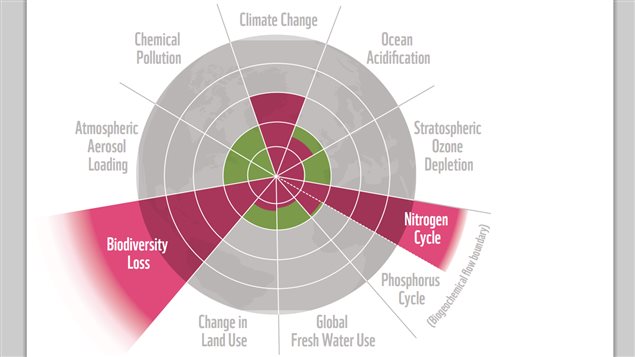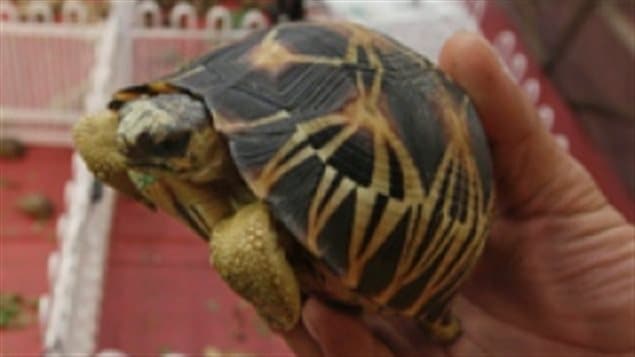In just the past 40 years, the world has lost over half its wildlife population.
That estimate comes from scientists at the World Wildlife Federation and the Zoological Society of London in a report today called “Living Planet Report 2014”
The WWF puts out a report every two years, and the previous research estimated wildlife loss at a much less, but still extremely worrisome 28 percent. This time the group used more complete and sophisticated data to determine the new and shocking tally of the world’s wildlife loss at 52 percent between 1970 and 2010.
The steep decline of animal, fish and bird numbers was calculated by analysing 10,000 different populations, covering 3,000 species in total. This data was then, for the first time, used to create a representative “Living Planet Index” (LPI), reflecting the state of all 45,000 known vertebrates.
According to the WWF report, destruction and loss of habitat is the main reason for species decline. It notes that freshwater species have suffered the greatest decline, a loss of 76% of species
The loss of habitat to terrestrial and ocean species is similar at 39 percent. The report says on land, habitat loss to make way for human land use – particularly for agriculture, urban development and energy production – continues to be a major threat, compounded by hunting. In the marine environment, the loss is particularly noted in the tropics and southern ocean. Climate change continues to be a growing factor.
There is also a graph showing the environmental footprint of all countries with populations over 1 million and for which data is available.
The report also measured how close the planet is to nine so-called “planetary boundaries”. These are thresholds of “potentially catastrophic changes to life as we know it”.
Critical tipping points
The graph shows three thresholds have already been crossed – biodiversity, carbon dioxide levels and nitrogen pollution from fertilisers. Two more were in danger of being breached – ocean acidification and phosphorus levels in freshwater.

“Given the pace and scale of change, we can no longer exclude the possibility of reaching critical tipping points that could abruptly and irreversibly change living conditions on Earth,”
“…our fundamental dependency on ecological systems”
The report begins with a somewhat critical look at the use of the the term “sustainable development” which has been discussed internationally for 25 years.
It says “People talk earnestly of the environmental, social and economic dimensions of development. Yet we continue to build-up the economic component, at considerable cost to the environmental one. We risk undermining social and economic gains by failing to appreciate our fundamental dependency on ecological systems. Social and economic sustainability are only possible with a healthy planet.”
David Nussbaum, chief executive of WWF-UK said: “The scale of the destruction highlighted in this report should be a wake-up call for us all. But 2015 – when the countries of the world are due to come together to agree on a new global climate agreement, as well as a set of sustainable development goals – presents us with a unique opportunity to reverse the trends.







For reasons beyond our control, and for an undetermined period of time, our comment section is now closed. However, our social networks remain open to your contributions.